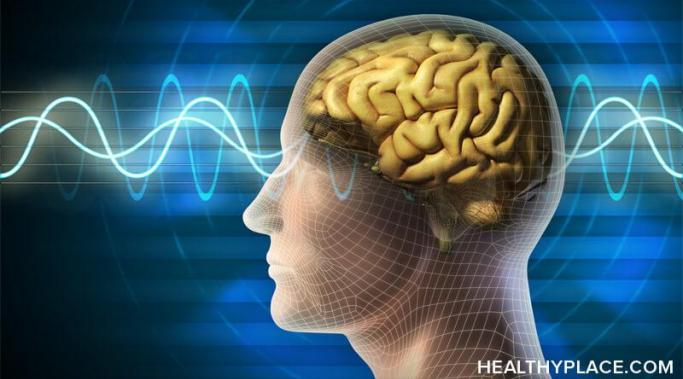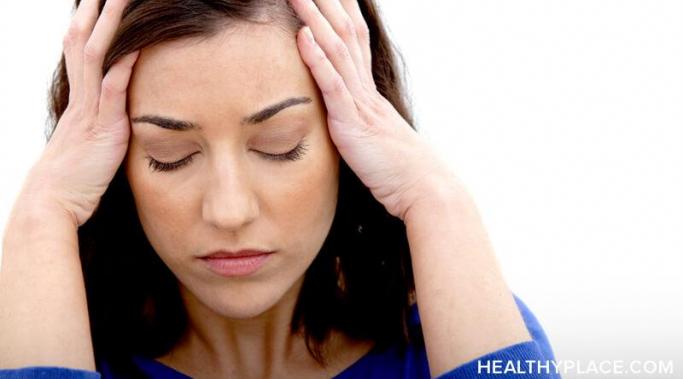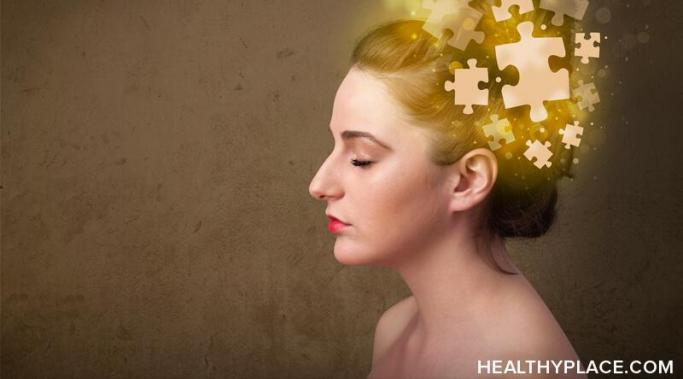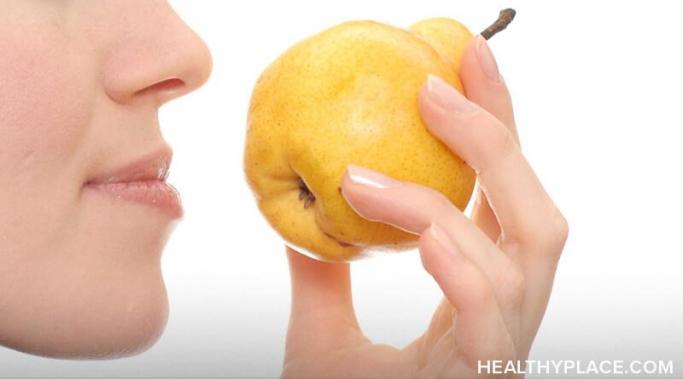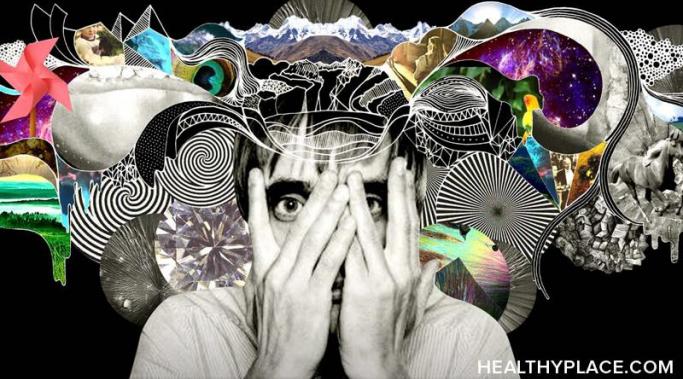I'm quite convinced wearing rose-colored glasses doesn't help a mental illness. In fact, I'm pretty sure that wearing rose-colored glasses doesn't help most people at all. When I watch people with them on it actually drives me bonkers. Here's why rose-colored glasses don't help mental illness and definitely don't work for me.
Breaking Bipolar
If you feel suicidal in any way, you need to talk to your doctor about your suicidal feelings. Even though suicide conversations -- with anyone -- are scary, you absolutely need to have them. I have had many I know this to be true. Read more on preventing suicides by learning how to have a conversation about suicide with your doctor.
Learning how to deal with intrusive thoughts can be hard, but not impossible. In my last post, I talked about what intrusive thoughts are and why people with bipolar disorder may experience intrusive thoughts. I also mentioned that intrusive thoughts can become obsessive thoughts and this means they are particularly important to handle head-on. So today, I'd like to talk about dealing with intrusive thoughts in bipolar disorder.
Intrusive thoughts are something I deal with along with bipolar disorder, although I should say that intrusive thoughts are not, specifically, a known symptom of the disorder. That said, intrusive thoughts seem to be something many with bipolar disorder deal with. Here, I discuss what intrusive thoughts are and why people with bipolar disorder may experience intrusive thoughts.
Money stress in bipolar disorder is a very real thing and stress like this can actually make bipolar symptoms worse. In my last post, "Money Worries in Bipolar Disorder", I outlined why people with bipolar disorder have so many money worries and how horrible and drastic they can be. In this post, I'm going to talk about how to fight money stress in bipolar disorder.
People with bipolar disorder often have money worries. This isn't limited to those with bipolar disorder, of course, money worries are something that many people can identify with, but worrying about money happens more for those with bipolar disorder and I think there are two main reasons why.
Does it feel like everyone can tell you have bipolar disorder? Does it feel like you're carrying a neon sign above your head with your diagnosis on it? Does it feel like as soon as you open your mouth, people can tell that you're "crazy"? If so, I'm pretty sure this actually makes you normal. There's this odd time often right after a bipolar diagnosis where, for some, it feels like everyone can tell you have bipolar disorder.
Bipolar disorder and self-care is something everyone talks about. Self-care, in general, is just a major topic in the world of mental health. What few people recognize, though, is what realistic self-care looks like. It's not enough to harp on about self-care for those with mental illness, we need to focus on what realistic self-care in bipolar disorder, and severe mental illness in general, looks like.
I'm tired of feeling sorry that I have bipolar disorder. I don't mean feeling sorry for myself -- that's a different thing -- I mean feeling sorry for the very fact that I am sick. I mean feeling sorry for the very fact that I am the one with the serious mental illness. And this feeling sorry about bipolar disorder is wearing on one's being. I, for one, don't want to feel sorry that I have bipolar disorder anymore.
Many people associate self-harm with borderline personality disorder -- and rightly so, as self-harm is a symptom of borderline personality disorder -- but can you self-harm and not have borderline personality disorder? Or, more specifically, can you self-harm and still be correctly diagnosed with bipolar disorder (or something else) and not borderline personality disorder? Self-harming and not having borderline personality disorder is actually quite common.


